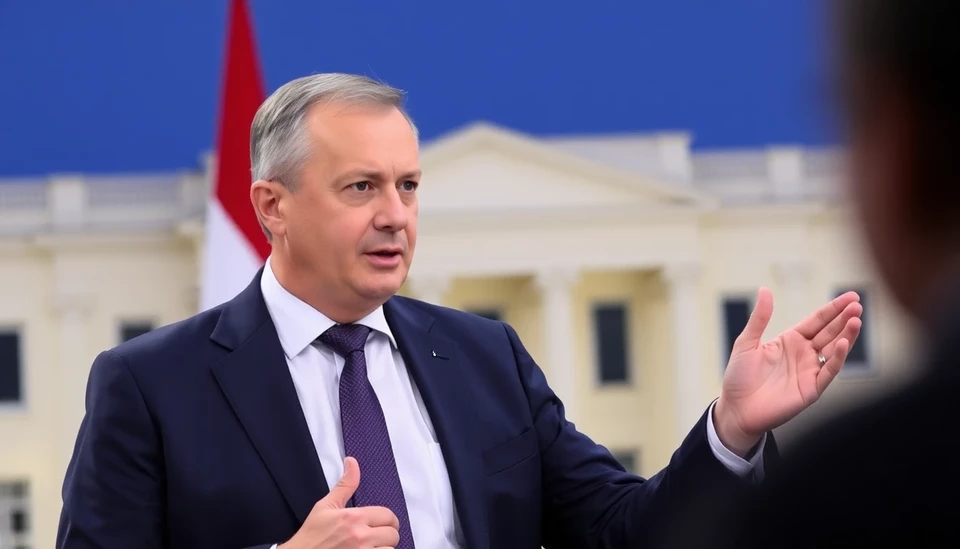
In a bold move to boost the purchasing power of its workers, the Hungarian government has announced plans to implement a significant 40% increase in the national minimum wage by the year 2027. This strategy aims to enhance the quality of life for the workforce, but it also raises critical questions about its impact on overall inflation in the country.
The announcement comes amid concerns regarding rising living costs and the ongoing struggle of many Hungarians to make ends meet. Prime Minister Viktor Orbán’s administration is attempting to balance the benefits of higher wages with the risk of potential inflationary pressures that such increases may trigger. The decision reflects a broader trend across several European nations, where governments are seeking to improve wage standards in response to escalating prices in various sectors.
Currently, the minimum wage in Hungary stands at 200,000 forints (approximately $548) per month. The planned increase will elevate this figure to roughly 280,000 forints (around $769) by 2027. The government's proposal indicates that this hike will be implemented gradually, allowing businesses and the economy to adapt to these changes over the coming years.
Despite the optimistic outlook regarding wage growth, economic analysts have expressed that such a substantial increase could inflame inflation further, particularly in the context of ongoing global economic challenges. Hungary is not isolated from international economic trends—factors such as supply chain disruptions, energy price volatility, and geopolitical tensions are already contributing to rising prices.
Moreover, businesses are voicing concerns about the immediate financial impact of higher wages, which could potentially lead some enterprises to reduce their workforce or increase prices for consumers. The balance between improving living conditions for workers while maintaining economic stability presents a challenging dilemma for the government.
As Hungary moves forward with these plans, the government will need to closely monitor economic indicators and consumer sentiment to ensure that the desired benefits do not come at the cost of wider economic stability. The implications of this wage increase will likely continue to be a heated topic of debate in the Hungarian socio-economic landscape in the months and years to come.
In summary, Hungary's commitment to raising the minimum wage by 40% by 2027 symbolizes a significant step towards addressing wage disparities. However, the potential repercussions on inflation pose serious questions that necessitate careful economic consideration and strategic planning.
#Hungary #MinimumWage #EconomicPolicy #Inflation #WageGrowth #ViktorOrban #CostOfLiving #WorkersRights
Author: Laura Mitchell




